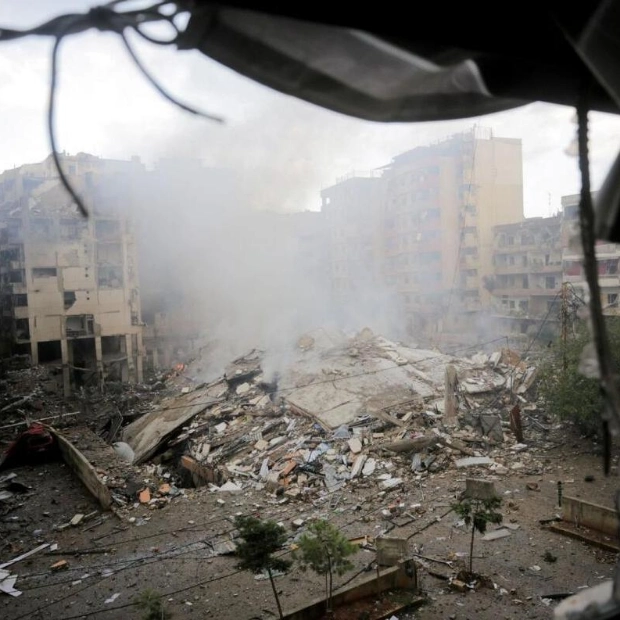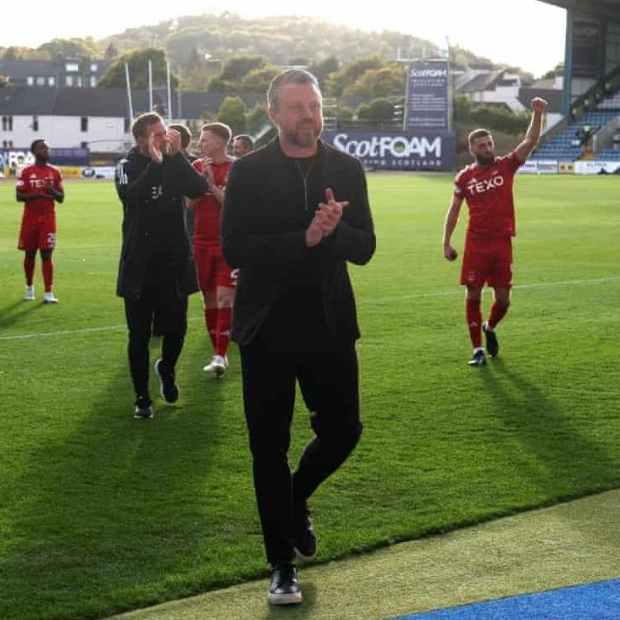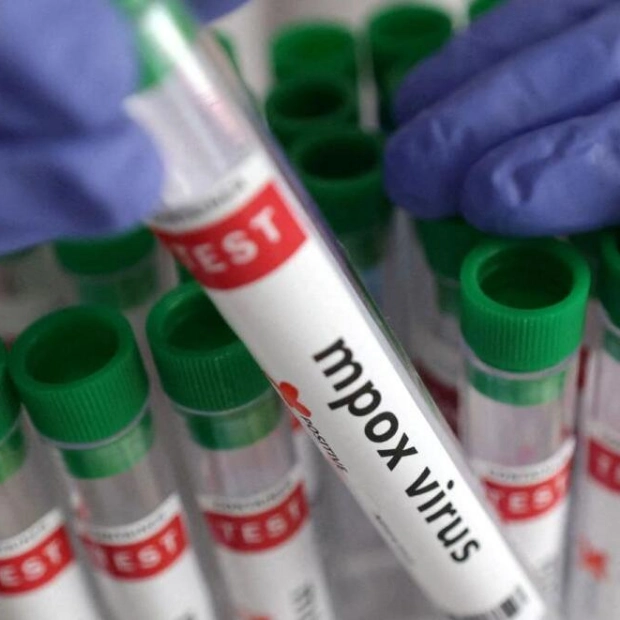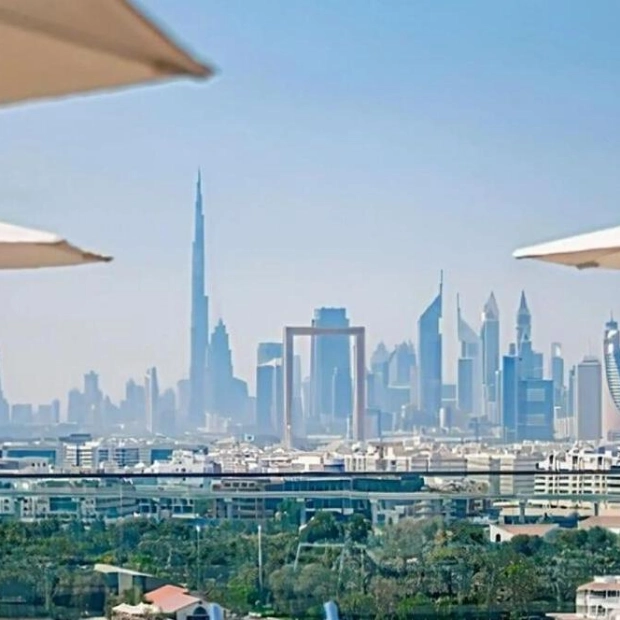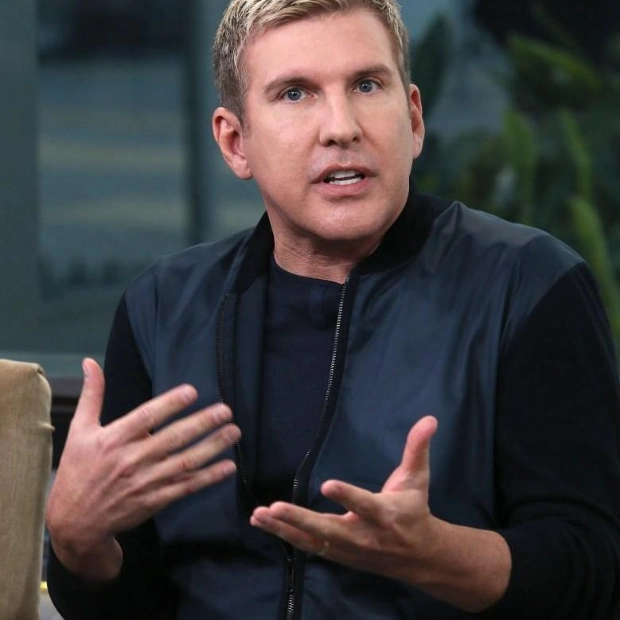Steve Clarke has expressed his optimism about Scotland’s chances of ending their long wait for a World Cup finals appearance, following the qualifying draw. Scotland has reached the Euros in 2020 and 2024 but hasn’t qualified for the men’s World Cup since 1998. The draw in Zurich placed Scotland, who were in pot three, against Greece, the defeated team in the Portugal v Denmark Nations League quarter-final, and Belarus.
This means Clarke’s side will face Greece four times within a year, including matches in the Nations League promotion playoffs. “When I spoke after the tournament in the summer, I said that one of my main remaining ambitions is to go to a World Cup with my country,” Clarke said. “These qualifying games give me an opportunity to do that, and I’m going to give it everything I’ve got, and I’m sure my players will do the same.”
Clarke also commented on the prospect of playing Greece across two competitions, telling BBC Radio 5 Live: “We’ll get to know each other very well, so you might find that by the time of the World Cup qualifiers, we know each other a little bit better and maybe the games will be cagey. But you never know in football.”
One uncertainty for Scotland is the venue for the “away” match against Belarus, who have been barred from playing at home since Russia’s invasion of Ukraine in 2022. Clarke aims to approach the qualifiers with full force, with all six matches in their four-team group scheduled for September, October, and November.
Meanwhile, Michael O’Neill, the Northern Ireland head coach, welcomed the delayed start to his side’s campaign, which begins in the autumn against either Germany or Italy, plus Slovakia and Luxembourg. “The four-team groups suit us as a smaller nation and give us a lot of time to prepare,” he said. “Not having the June fixtures is a good thing for us, as we always tend to play our best football in the autumn.”
Craig Bellamy, the Wales head coach, was pleased with the group of five that includes Belgium, North Macedonia, Kazakhstan, and Liechtenstein. “It gets the competition going really quick, which is a real positive,” he said. “We’re going to have to do our homework really well and hopefully try to attack it and finish top of the group.”
The Republic of Ireland have been drawn in a challenging group against the winner of the Portugal v Denmark Nations League tie, along with Hungary and Armenia. Spain, the Euro 2024 winners, will face Turkey, Georgia, and Bulgaria in Group E if they beat the Netherlands in their Nations League clash. France’s group will depend on their Nations League outcome against Croatia.
Sixteen European nations will qualify for the finals, which will feature 48 teams for the first time. Qualifying will begin in March for the five-team groups, with four-team groups starting in September after the Nations League campaign concludes.
Source link: https://www.theguardian.com

